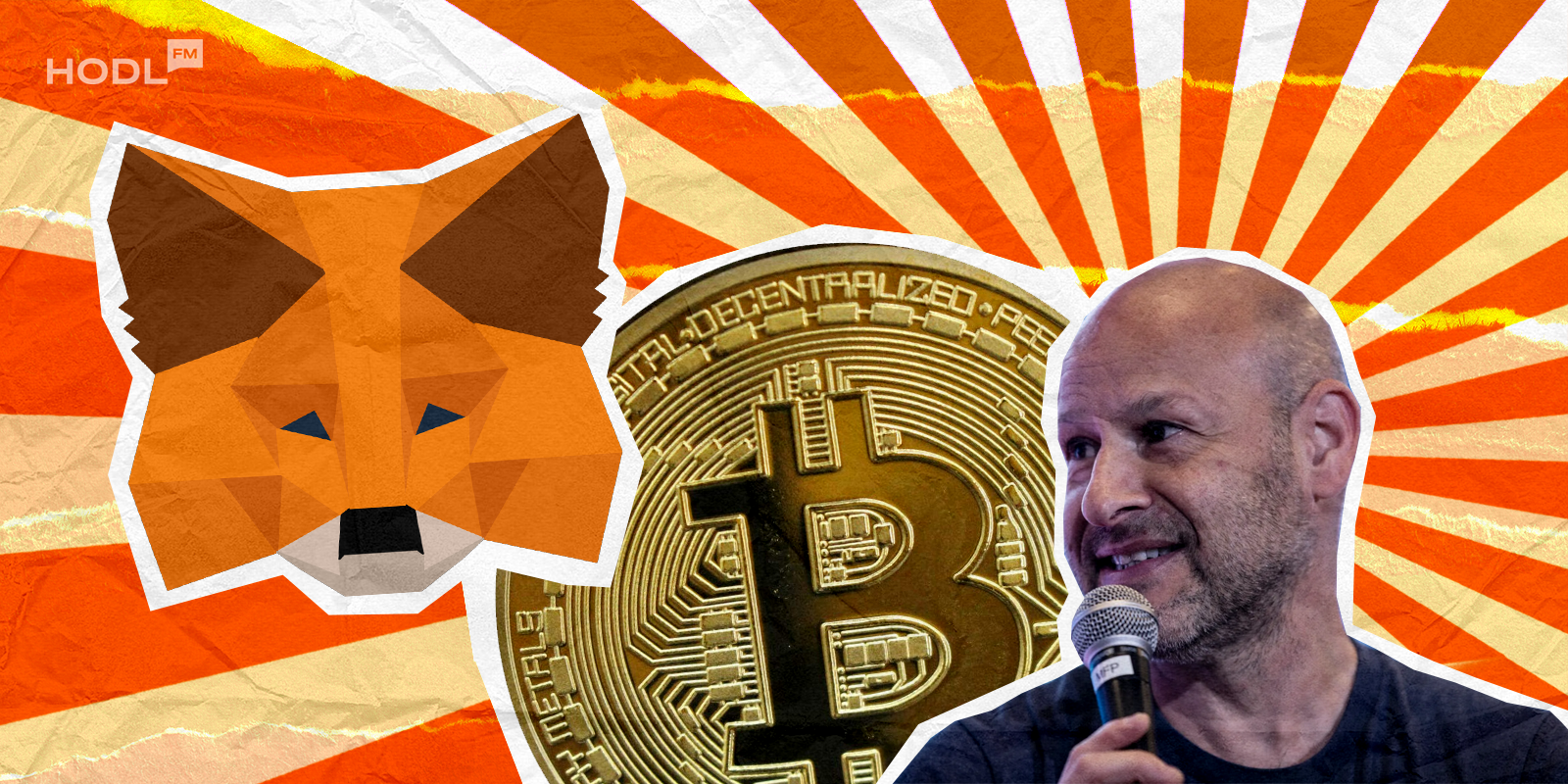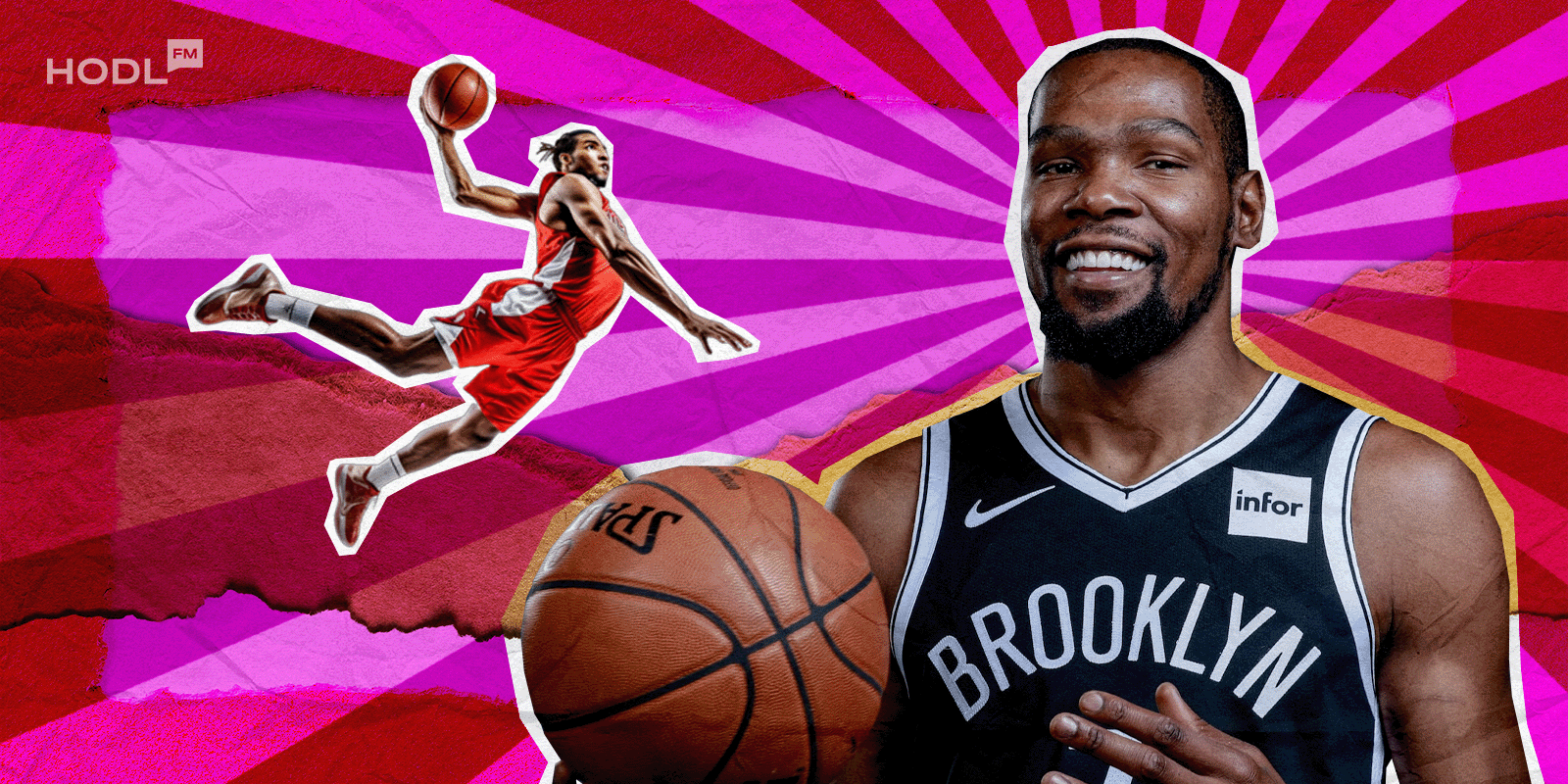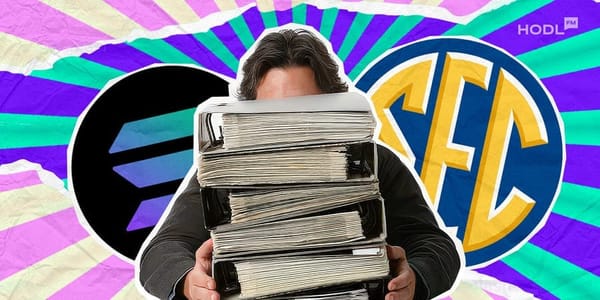NBA star Kevin Durant hasn’t been able to access his Coinbase account holding bitcoin he purchased in 2016, according to his agent and longtime business partner Rich Kleiman.
Speaking at CNBC’s Game Plan conference, Kleiman said their inability to sell has ironically worked in Durant’s favor.
“We’ve yet to be able to track down his Coinbase account info, so we’ve never sold anything,” Kleiman said. “Bitcoin keeps going up … so, I mean, it’s only benefited us.”
Durant’s early bitcoin bet
Durant began buying bitcoin while playing for the Golden State Warriors in 2016, after hearing teammates repeatedly discuss the asset during a U.S. Olympic team dinner.
Back then, bitcoin traded between $360 and $1,000. Today, the same asset changes hands for around $116,000, according to CoinGecko, representing gains of more than 11,000% since his entry point.
Kleiman did not disclose the size of Durant’s holdings but confirmed they are now working with Coinbase on recovery. The exchange said its app includes self‑service reset tools, along with 24/7 customer support for recovery requests.
NEW: NBA star Kevin Durant invested in Bitcoin in 2016 but was locked out of his Coinbase account until this week. 🚨
— Bitcoin Archive (@BTC_Archive) September 18, 2025
BTC was $650 then, now $117K, up 180x.
A $10K buy would be worth $1.8 MILLION today. 🔥 pic.twitter.com/4kSlpU5XV9
Estonia’s “lost billionaire”: the Lõhmus Ethereum case
Durant is not alone. In 2023, Estonian banker Rain Lõhmus revealed in an interview that he had lost access to a wallet holding 250,000 ETH from the 2014 presale. That wallet is now valued at roughly $1.2 billion.
Blockchain data reviewed by Arkham Intelligence shows the wallet has remained untouched apart from a few small transactions. Lõhmus admitted he had not prioritized password security at the time, later calling it a personal reminder of the risks of forgetting credentials in a decentralized system.
“This is a very weak point of this system,” Lõhmus said. “Perfect decentralization has other risks that you don’t usually think about.”
Widespread issue of lost crypto
Durant’s inaccessible Coinbase and Lõhmus’ missing Ethereum highlight a broader challenge across digital assets: if users lose their login details or private keys, recovery is often extremely difficult or impossible.
Other widely cited examples include the case of U.K. IT worker James Howells, who accidentally discarded a hard drive said to contain 8,000 BTC. His ongoing attempts to recover it from a landfill have drawn global headlines.
The Wall Street Journal analysts note that an estimated 15-20% of all bitcoin mined may be permanently lost due to forgotten keys or inaccessible wallets.
Durant’s Coinbase ties
Durant and Kleiman have also been investors in Coinbase. Through their firm Thirty Five Ventures, they signed a multiyear promotional deal with the exchange in 2021, creating educational crypto content on Durant’s sports and entertainment site, Boardroom.
Kleiman described Coinbase as “a valuable resource in growing our business” and said efforts to resolve Durant’s login issue remain underway.
Conclusion
Durant’s locked account has left him holding bitcoin far longer than many investors and dramatically increased his unrealized gains. Lõhmus’ situation, by contrast, reflects the downside of crypto self‑custody, where large sums can become permanently inaccessible.
Together, their experiences show how ownership in digital assets comes with responsibility for security, a simple password misstep can mean being shut out of a fortune.

Disclaimer: All materials on this site are for informational purposes only. None of the material should be interpreted as investment advice. Please note that despite the nature of much of the material created and hosted on this website, HODL FM is not a financial reference resource, and the opinions of authors and other contributors are their own and should not be taken as financial advice. If you require advice. HODL FM strongly recommends contacting a qualified industry professional.





